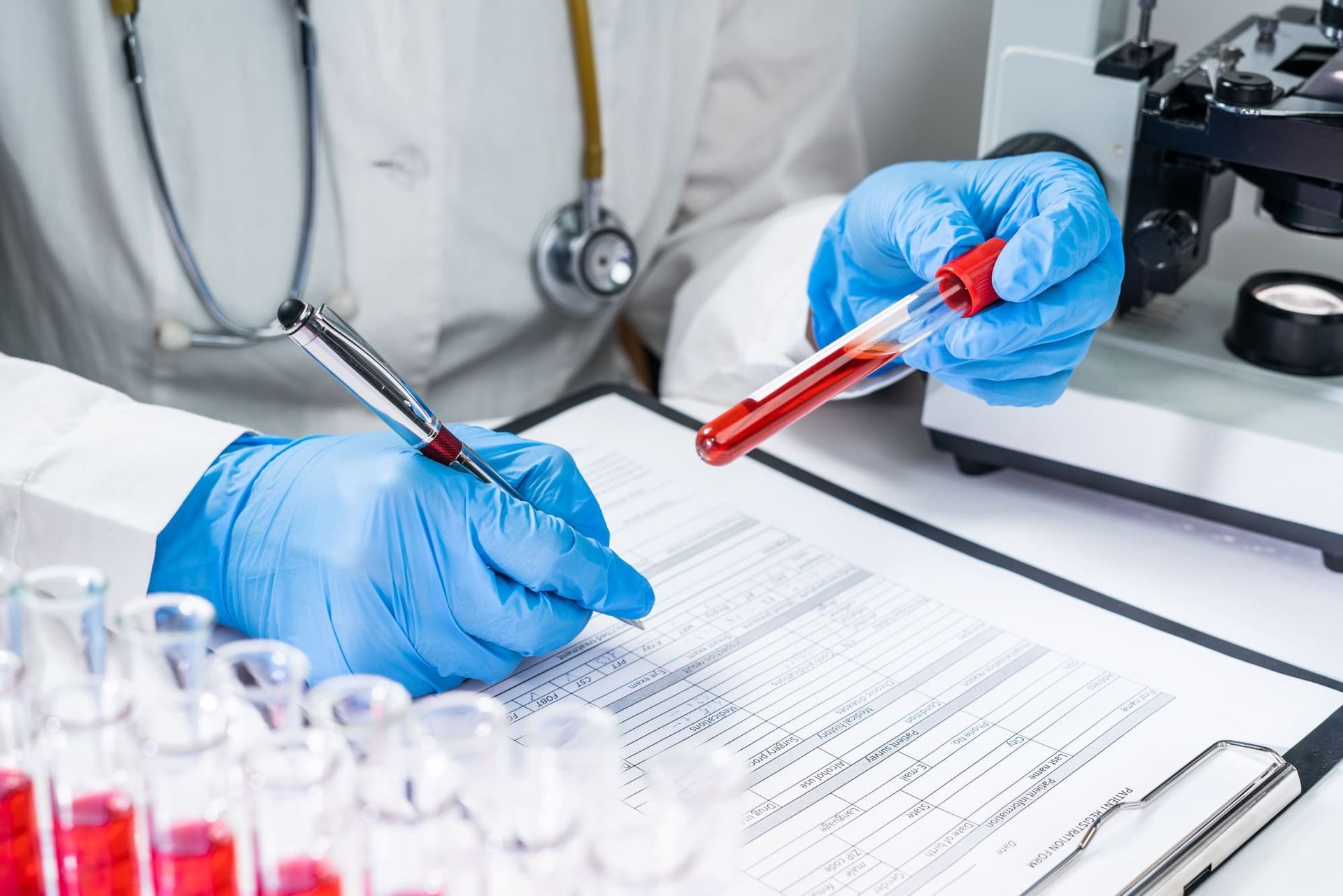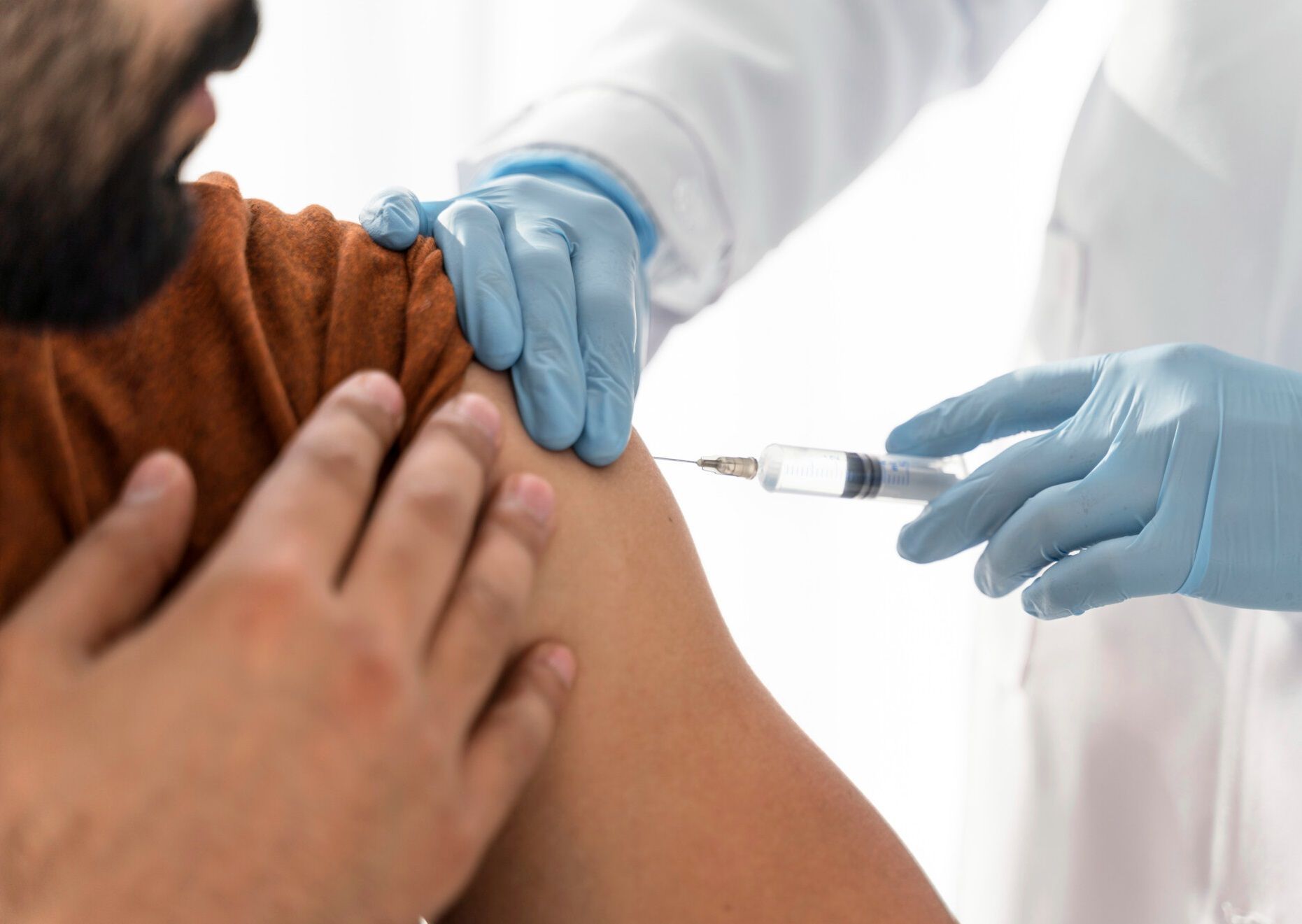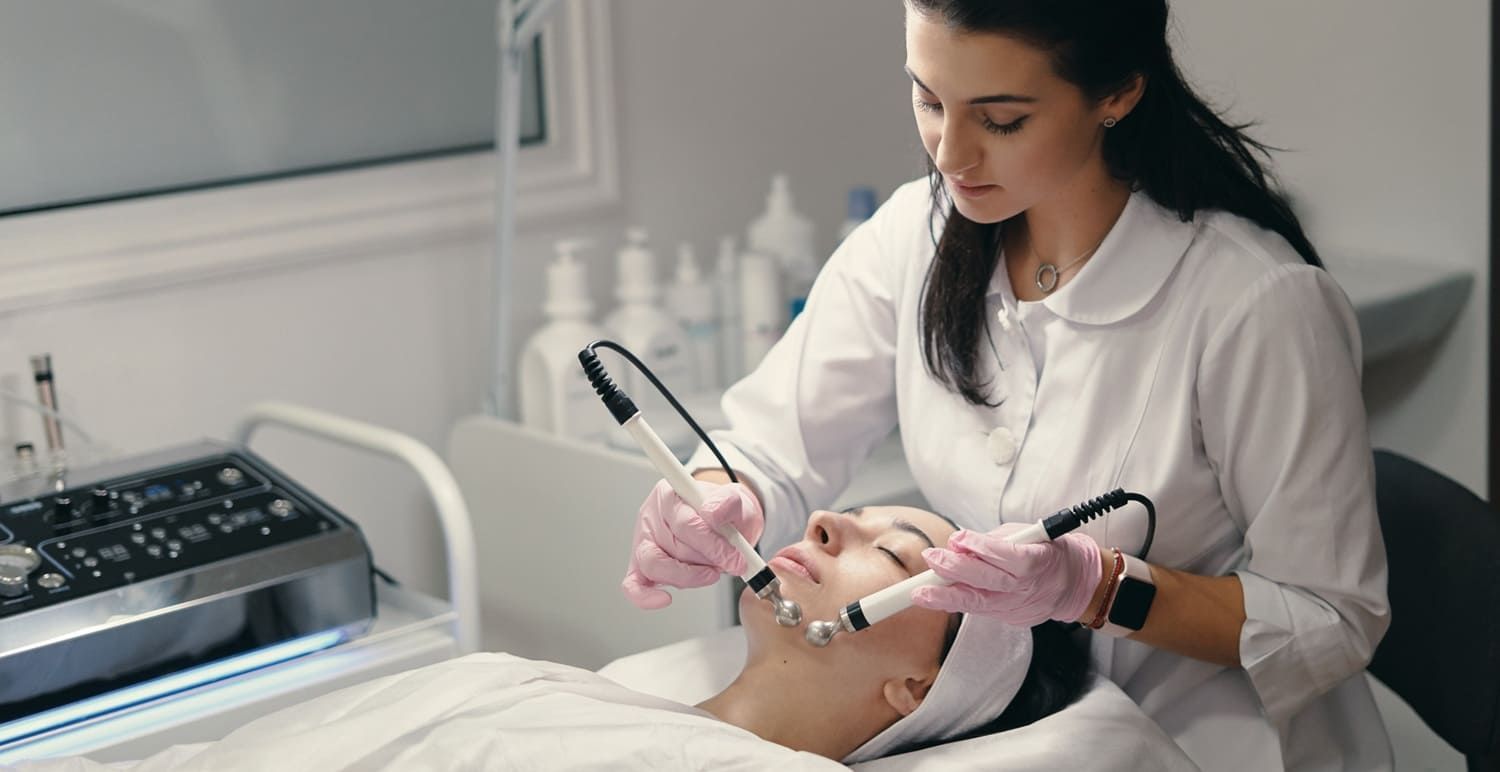What Is Peptide Therapy and Who Is It For?
Peptides are short chains of amino acids, which are the building blocks of proteins. These chains are typically composed of 2 to 50 amino acids, and their structure allows them to perform various functions efficiently. In your body, peptides play crucial roles in various biological functions. They're involved in everything from hormone production to cell signaling. Imagine peptides as tiny messengers that tell your body how to function properly. Their role is akin to that of a conductor in an orchestra, ensuring that each part of your biological system performs harmoniously.
The Science Behind Peptides
Peptides are naturally occurring in the human body. They are involved in numerous physiological processes, such as:
- Regulating metabolism: Peptides can influence how your body uses and stores energy. For instance, insulin is a peptide hormone that helps regulate glucose levels in the blood.
- Supporting immune function: Some peptides help your immune system fight off infections. These peptides can act as signaling molecules, enhancing the body's ability to respond to pathogens effectively.
- Promoting tissue repair: Peptides can aid in healing wounds and repairing tissues. They play a pivotal role in cellular regeneration and tissue remodeling, making them integral to recovery processes.
With advancements in peptide science, researchers have found ways to create synthetic peptides that mimic these natural processes, leading to the development of peptide therapy. This breakthrough opens new avenues for treating a variety of conditions by harnessing the body's inherent biological processes.

What Is Peptide Therapy?
Peptide therapy involves the use of specific peptides to target and treat various health conditions. By introducing these peptides into the body, either through injections or other methods, doctors aim to enhance or regulate biological processes to improve health and well-being. This therapeutic approach is tailored to leverage the unique properties of different peptides, allowing for targeted interventions that can address specific physiological needs.
How Does It Work?
When administered, peptide injections or other forms of peptide therapy work by signaling the body to heal or rejuvenate itself. For example, certain peptides can encourage the production of growth hormone, which can help with muscle growth and fat loss. This process involves stimulating the body's natural pathways, thereby enhancing its ability to repair and optimize function. By mimicking or augmenting the actions of naturally occurring peptides, this therapy can provide a more precise and effective treatment option for various conditions.
The Benefits of Peptide Therapy
Peptide therapy offers a range of potential benefits. Here are some of the most notable ones:
1. Improved Muscle Growth and Recovery
Athletes and fitness enthusiasts often turn to peptide therapy to enhance muscle growth and speed up recovery after workouts. By stimulating the production of growth factors, peptides can help build lean muscle mass and reduce muscle soreness. This can lead to improved performance and reduced downtime between training sessions, making it an attractive option for those seeking to maximize their physical capabilities.
2. Weight Loss and Fat Reduction
Some peptides can aid in weight loss by increasing metabolism and promoting the breakdown of fat cells. This makes peptide therapy an appealing option for those struggling to shed extra pounds. By enhancing the body's ability to metabolize fat, individuals may find it easier to achieve and maintain a healthy weight, particularly when combined with lifestyle changes such as diet and exercise.
3. Enhanced Immune Function
Peptides can support the immune system by boosting the production of immune cells. This can be particularly beneficial for individuals with weakened immune systems or those prone to infections. By fortifying the body's natural defenses, peptide therapy can help reduce the incidence of illness and improve overall health, offering a proactive approach to wellness.
4. Anti-Aging Effects
Peptide therapy is popular in the world of anti-aging due to its ability to improve skin elasticity, reduce wrinkles, and promote collagen production. It can help individuals achieve a more youthful appearance. Beyond aesthetics, these peptides can also contribute to improved vitality and energy levels, helping individuals feel as young as they look.
Who Can Benefit from Peptide Therapy?
Peptide therapy is versatile and can be tailored to suit various needs. Here's a look at who might benefit:
1. Athletes and Fitness Enthusiasts
Individuals looking to improve their athletic performance, increase muscle mass, or recover faster from injuries might find peptide therapy beneficial. By targeting specific pathways involved in muscle repair and growth, peptides can provide a competitive edge, enhancing both strength and endurance.
2. Individuals Seeking Weight Loss
For those struggling with weight management, certain peptides can aid in fat loss and help achieve weight loss goals when combined with a healthy diet and exercise. These peptides work by optimizing the body's metabolic processes, making it easier to burn calories and prevent fat accumulation.
3. People with Autoimmune Disorders
Peptides that support immune function may be helpful for individuals dealing with autoimmune diseases or chronic infections. By modulating immune responses, these peptides can help reduce inflammation and improve the body's ability to manage autoimmune conditions, potentially leading to better disease management and quality of life.
4. Aging Adults
As we age, our bodies produce fewer peptides, which can lead to signs of aging. Peptide therapy can help address age-related issues, offering benefits like improved skin health and vitality. By replenishing the body's peptide levels, this therapy can help mitigate some of the adverse effects of aging, promoting healthier and more active aging.

Is Peptide Therapy Safe?
Safety is a common concern when considering any medical treatment. Peptide therapy is generally considered safe when administered by a qualified healthcare professional. The precision of peptide therapy allows for targeted interventions, minimizing the risk of adverse effects. However, it's essential to consult with a doctor before starting any new treatment. They can assess your specific needs and determine if peptide therapy is a suitable option for you. This personalized approach ensures that the therapy is aligned with your health goals and medical history.
Potential Side Effects
While peptide therapy is typically well-tolerated, some individuals may experience mild side effects, such as:
- Redness or irritation at the injection site
- Headaches
- Nausea
If you experience any adverse effects, it's crucial to discuss them with your healthcare provider. They can adjust your treatment plan or suggest alternative therapies to mitigate these side effects, ensuring a safe and effective treatment experience.
Getting Started with Peptide Therapy
If you're interested in exploring peptide therapy, the first step is to consult with a healthcare professional who specializes in this field. They can provide guidance on the most appropriate peptides for your needs and create a personalized treatment plan. This initial consultation is crucial for understanding the potential benefits and limitations of peptide therapy in the context of your unique health profile.
What to Expect
Once you've decided to proceed with peptide therapy, your healthcare provider will likely start with a blood test to assess your hormone levels and overall health. Based on the results, they will recommend specific peptides and determine the dosage and frequency of administration. Throughout the treatment, regular follow-ups will be necessary to monitor progress and make any necessary adjustments, ensuring that you achieve the best possible outcomes.
Conclusion
Peptide therapy is an exciting and promising field in modern medicine that offers a range of benefits for different individuals. Whether you're an athlete looking to enhance performance or someone seeking anti-aging solutions, peptides can play a significant role in improving your health and well-being. By understanding the science behind peptides and the potential benefits they offer, you can make informed decisions about your health and wellness journey.
At Pure Health & Hormone Center, we specialize in peptide therapy and offer personalized treatment plans tailored to your needs. Our experts will work with you to determine how peptide therapy can benefit your specific goals, whether it's enhancing performance, slowing the aging process, or improving overall health.
As with any medical treatment, it's essential to consult with a qualified healthcare professional to determine if peptide therapy is right for you. Their expertise will ensure that you receive a treatment plan that is both effective and safe, tailored to your specific needs. Embracing the potential of peptide therapy could mark a transformative step in your health and wellness journey, unlocking new levels of vitality and well-being.
Schedule a consultation today at Pure Health & Hormone Center in Tampa, FL, and let us help you explore the benefits of peptide therapy!


















